- Sosyal Medyada Bizi Takip Edin!
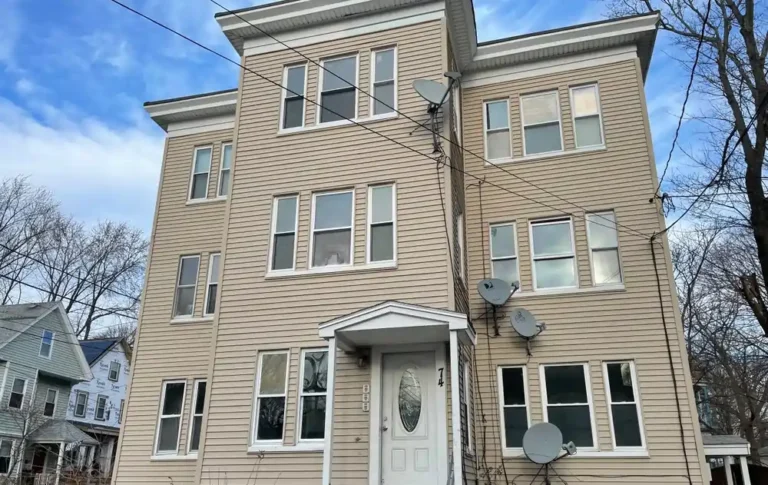
This is sifted and whisked with a specialist tool with hot water to make the beverage. However, as the drink has become more popular over the years, everyone has started selling it in all its forms. Stop by your local coffee shop and you’ll it as one of the suggested healthy alternatives to coffee as it also contains naturally-occurring caffeine. In grocery stores, you can find Matcha tea sold in bottles and cans in the takeaway section. Or, you can buy traditional supplies online relatively affordably.
Learn more about how our program can help you change your relationship with alcohol, and get on track to your healthiest self. Take our short alcohol quiz to learn where you fall on the drinking spectrum and if you might benefit from quitting or cutting back on alcohol. Gratitude itself is correlated with lower levels of stress and depression, as well as improvements in sleep and reductions in materialism. Respondents to the American Psychological Association’s 2013 Stress in America survey said they experienced improved mood, higher self-esteem, and overall stress relief from exercising. Coffee is another fantastic option that can be tailored to your liking with various tastes, add-ins, and preparation techniques.
It’s also completely sugar-free, so you won’t have to worry about that – just be sure to opt for pure coconut water and always read the label. So as much as avoiding alcoholic cocktails is easy in a bar, restaurant, or at home, be sure to check the ingredients before ordering if you’re concerned about having sugar cravings down the line. Few studies have been conducted on these carbonated drinks specifically but there’s plenty of research on ginger itself to suggest that making the switch could prove very beneficial for your health. For example, a study by Mashhad University of Medical Sciences suggests that ginger root contains compounds, such as shogaols and gingerols, which may help prevent inflammation and protect against cellular damage. In turn, this could help to support liver health and offer some protection against certain toxins, including alcohol if have it while drinking.
The brand has reinterpreted classic faves like the negroni or mimosa into sugar-free, canned, non-alcoholic sparkling mocktails. They also make St. Ember, what they call a “plant magic” spirit, designed to lift you up without the negative effects of alcohol. I combined St. Ember with a little soda for a complex mocktail that was smokey and woody from its ginger, cardamom, and palo santo extract. It tasted a bit like a crystal shop smells, but it’s not all about the flavor — it also has 100 mg of lion’s mane per serving, designed to ignite cognition and put you in a better mood.
We’ve updated our favorites, adding new picks such as Aplós Calme and Figlia Fiore Frizzante. The Good Trade was sent these 15 alcohol-free beverages for review and I’ve personally tested them all for taste, functionality, and high-quality ingredients. Below, you’ll find my reviews with tasting notes and research, too.
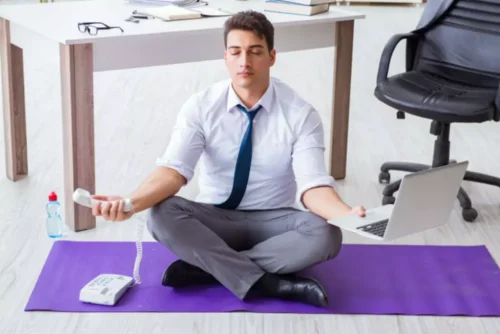
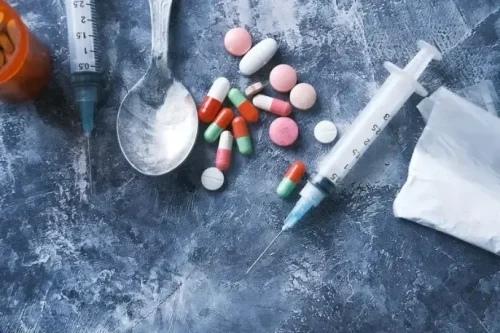
L-theanine is the ingredient that gives green tea its soothing effect versus, say, coffee. L-theanine, and it’s cousin suntheanine, elevate levels of GABA and dopamine, both neurotransmitters that help us feel good. A study found that suntheanine mixed with water reduced levels of anxiety while performing a stressful task. L-theanine has few side effects, but like any herbal supplement, it is best to talk with a doctor before starting a heavy regime. Any IPA fan will approve of this brew’s taste, too, which is a blend of five kinds of hops and delivers a balance of bitterness and maltiness.
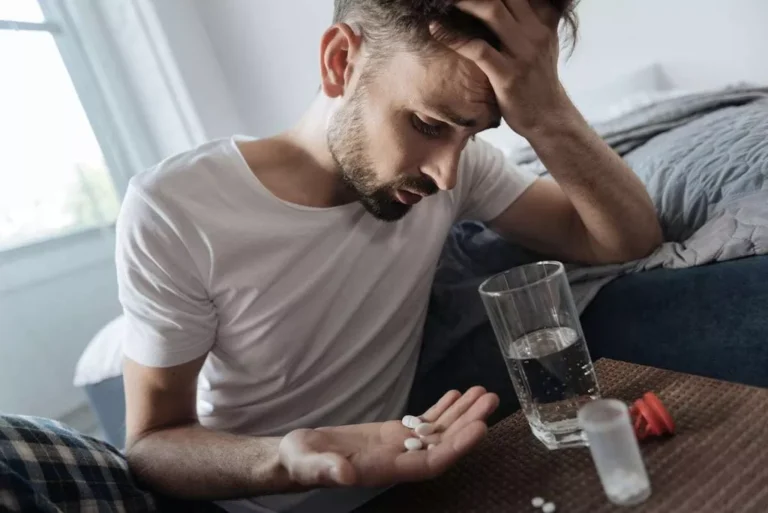
Then, add garnishes like fresh herbs, maraschino cherries, or a salt-and-sugar rim to really make it your own. However, alcohol, as a toxin, is never really healthy — many of the benefits of moderate drinking are tied more to lifestyle than the alcohol itself. St. Agrestis Non-Alcoholic Amaro Falso ($60 for a 12-pack of 200 mL bottles at the time of publication) tasted like a mix of ginger beer, flat cola, and root beer. We didn’t mind it, but we thought it needed more herbal complexity.

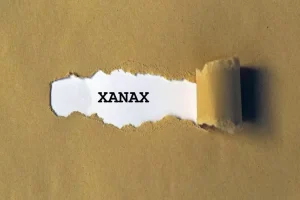
Users often report feeling more empathetic and open to others’ perspectives while microdosing. This increased emotional sensitivity might enhance interpersonal connections and facilitate deeper understanding and bonding in social situations. The best non-alcoholic drink that makes you feel great is KetoneAid’s R 1,3. They have many of the same flavors of traditional booze but with a different active ingredient. It’s perfectly normal if you turn to a glass of wine to relax after a long day though, research from an ICM poll shows that two in three of us do it.
Hence, alcohol, stress, and anxiety can form a vicious cycle that is hard to break. Seedlip is a great staple for any sober bar cart, and one of the most popular mocktail ingredients in restaurants as the spirits alcohol replacement ideas offer the botanical notes you’d otherwise get from booze. Unlike a lot of the other best nonalcoholic spirits, Clean T doesn’t have any kind of chemical smell or taste, which I found to be a great start.
If you’re looking for a low-cost way to foray into the best nonalcoholic spirits market, Ritual’s gin alternative makes for a stiff mocktail. The brand’s intent was to make a drink that’s as sophisticated and meaningful as an alcoholic beverage for a dinner party — but without the booze. TÖST does indeed feel elegant and celebratory with its summery sweetness and lovely light fizz. Three Spirit Nightcap ($40 for a 500 mL bottle at the time of publication) was funky, earthy, and herby, with prominent mushroom flavors, but it lacked any sweetness to balance all of that out. Kin Lightwave (about $15 for a four-pack of 240 mL cans at the time of publication) tasted of artificial caramel, mushroom, and licorice—a bit too funky for our tastes. Curious Elixir No. 1, Curious Elixir No. 3, and Curious Elixir No. 4 ($40 for four 355 mL bottles at the time of publication) were off-balance and odd-tasting, with unpleasant funks and strange industrial flavors.